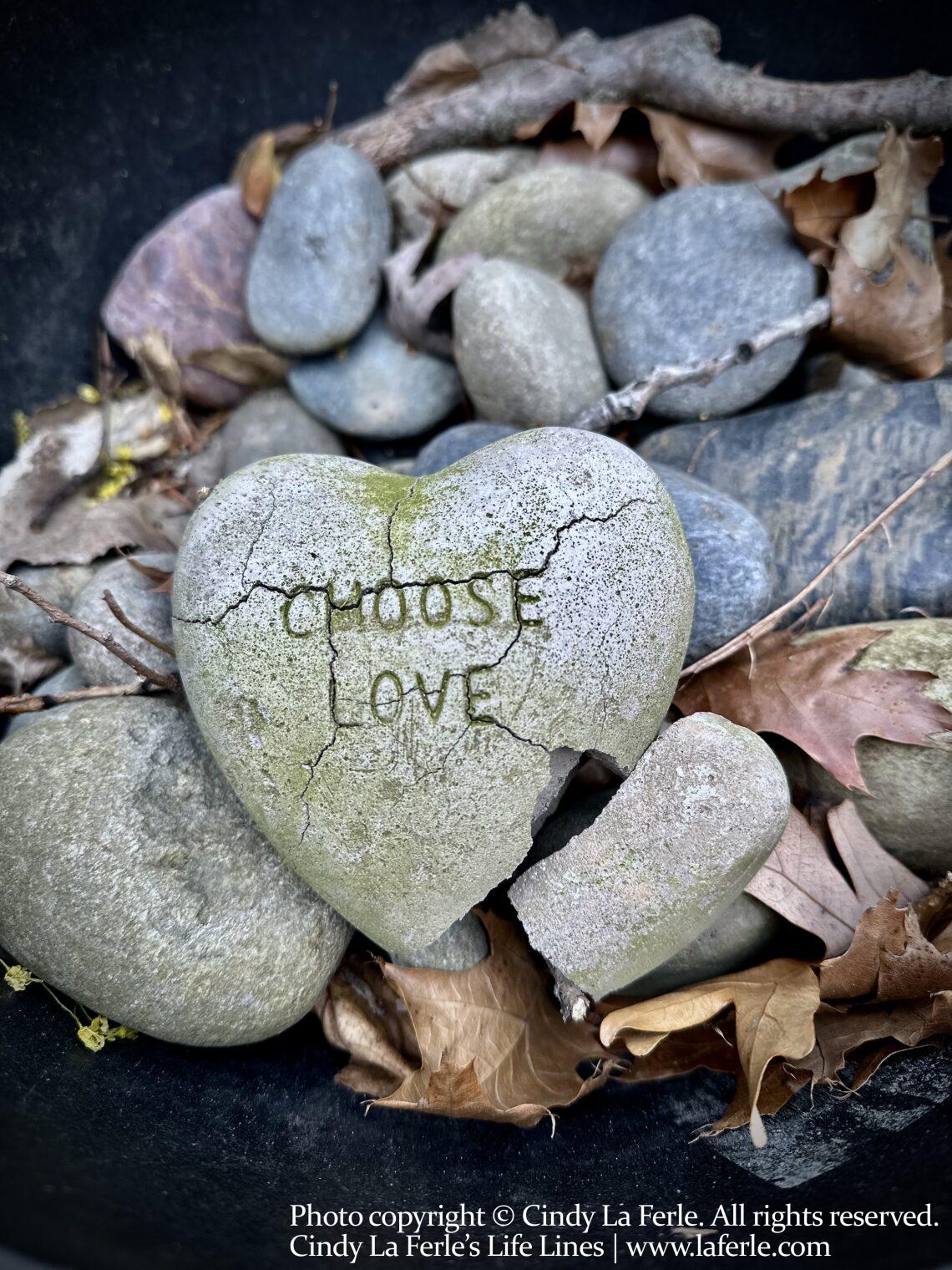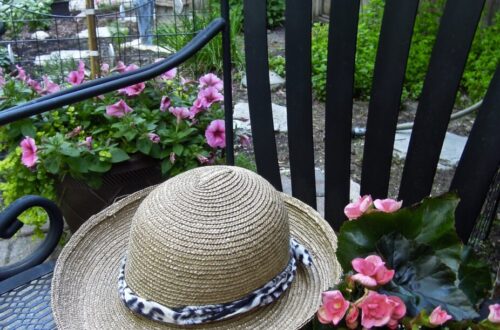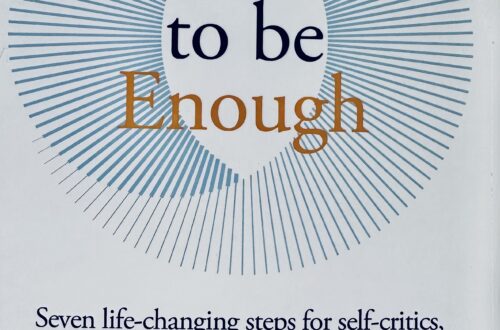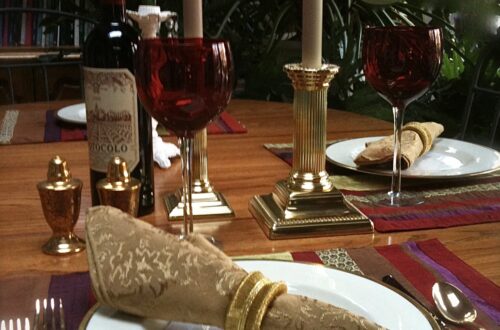
Social media is breaking us. What can we do about it?
“It amazes me that we are all on X and Facebook. By “we” I mean adults. We’re adults, right? But emotionally we’re a culture of seven-year-olds. Have you ever had that moment when are you updating your status and you realize that every status update is just a variation on a single request: “Would someone please acknowledge me?” ~Marc Mason, Attempting Normal
Last week’s tragic events — including several shootings that didn’t get much news coverage — are finally sparking serious dialogue about social media abuse and how it’s tearing us apart. This conversation is long overdue.
Social media has changed our lives, and not always for the better. Over the years I’ve witnessed its negative impact on people I know and people I don’t know. I’ve watched it stoke anger and destroy relationships, including a few of my own. Old friends I thought I’d known well posted comments I’d never imagined them saying in person. I was so stressed out by the social and political toxicity, in fact, that I quit Facebook, Instagram, and Twitter (now X) in 2016. Today, I’m still amazed at how the quality of my life improved without them.
Yet I still know many folks who insist they wouldn’t be in touch with loved ones, near and far, without social media — as if they don’t have access to a phone or postage stamps. I’ve met users who brag about having hundreds or thousands of Facebook friends, but admit they don’t know more than half a dozen of their own neighbors. And we all know a few lonely people who spend hours scrolling their phones for online updates from virtual strangers — but rarely leave the house to meet real friends for coffee.
No wonder statistics show that Americans are lonelier than ever, despite all the hours we spend “communicating” online.
How many times have you seen couples or families dining in restaurants, each person checking updates on a cell phone while ignoring their companions at the table? How many times have you seen people staring at a phone while hiking on a nature trail or walking a dog through your neighborhood? How often have you tried to smile at a stranger who wouldn’t look up from their phone?
Social media keeps us connected, yes, but it also disturbs, dehumanizes, and divides us. It’s fueling the polarization of our country. At the same time, it is impacting the mental health of young people who are prone to depression, suicide, and gun violence.
“This is the great irony of social media: the more you immerse yourself in it, the more lonely and depressed you become,” notes Jonathan Haidt in The Anxious Generation: How the Great Rewiring of Childhood is Causing an Epidemic of Mental Illness. Haidt’s important book was our September book club choice, and it prompted a sobering discussion about our worries for the future of our children. (If you haven’t read the book yet, run to the library and grab a copy.) We agreed that we need to show our youth how to build real-life community, here and now, and help them connect with each other in healthier, three-dimensional ways.
It’s our responsibility as adults to model this behavior — and set a better example. Here’s why: Even if we’re simply posting innocuous comments and photos on social media, we’re still fueling and funding the machine that’s damaging our kids, our mental health, and our country’s political climate. We might think we’re simply keeping in touch with relatives on Facebook, just for one example, but we’re simultaneously exposing ourselves to manipulation, losing our privacy, and putting money in Mark Zuckerberg’s pocket.
So, where do we begin?
We begin by setting aside our own phones and being fully present to each other. We begin by controlling our impulses to compare, compete, complain, posture, boast, argue, antagonize, politicize, spread rumors, or preach online. Even if we’re using social media in constructive ways, we need to ask ourselves if we’re addicted to it — and why. Especially if we can’t take a walk or spend time without the constant companionship of a cell phone.
Starting now, we need to invite friends, neighbors, and family into our homes. We must stop fooling ourselves into thinking we have a social life when we send a “happy birthday” text or post a few photos on social media. Building a real community is an act that demands civility, respect, mutual effort, and empathetic listening skills. We have to talk to each other, person to person.
We have such a long, long way to go. ~CL
To read my Oakland Press column, “Quitting Facebook Gave Me Back My Life,” click here.





2 Comments
Cathy
I am a 78 yr old widow and live alone. I do feel socail media is a tool that can easily be abused, but with care has also helped me live a better life. 1) I send my kids a quick text every morning before they leave for work, just as a check-in. 2) I’m never on my phone when I’m with other people. 3) I’m a photographer, quilter and gardener who loves to travel. Socail media is one way I continue to learn about the things I care about. These are the things my Facebook and Instagram feeds are full of.
There are other ways social meida has helped me but these are the ones that quickly come to mind. But I do agree that many need to be much, much more careful about how they use this tool.
Cindy La Ferle
Thanks for your viewpoint, Cathy. I think it’s important for all of us to look at how and why we use social media. As you found, it’s been great for you. I appreciate what you shared!